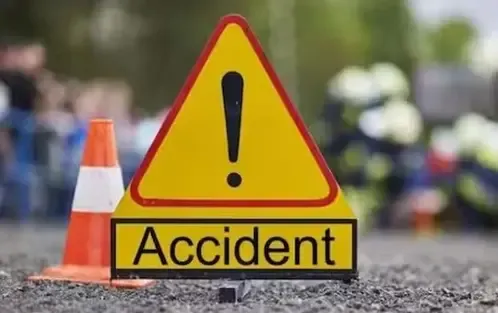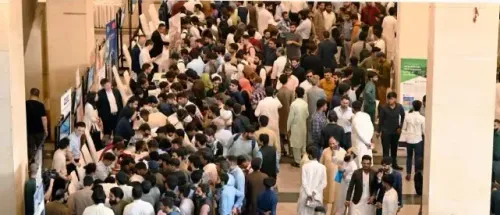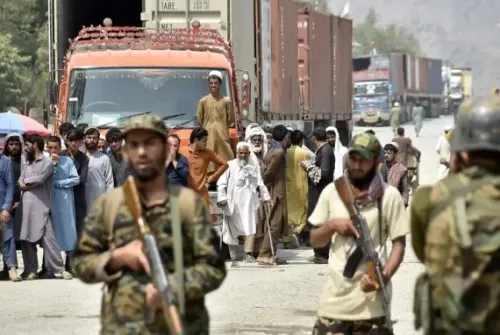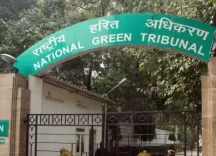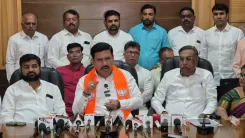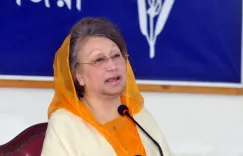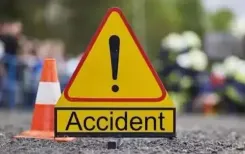Will South Korean Judges Revisit Controversial Ruling in Lee's Election Law Case?

Synopsis
Key Takeaways
- Judges to reconvene on June 30 to discuss the Supreme Court ruling.
- Concerns over judicial independence and public trust are at the forefront.
- Lee's retrial has been postponed due to constitutional protections.
- A guilty verdict could impact Lee's presidential candidacy.
- The council comprises 126 judges from various court levels.
Seoul, June 9 (NationPress) Judges from various regions of South Korea will gather once more this month to address the contentious Supreme Court ruling regarding President Lee Jae-myung's alleged breach of election laws, a decision made during his campaign, as reported on Monday. The National Council of Judges has announced that the second extraordinary session will occur via video conference at 10 a.m. on June 30, following a prior meeting that concluded without an official declaration.
This upcoming session will be conducted entirely online, unlike the previous gathering, which allowed both in-person and virtual attendance. Participants are anticipated to revisit the seven agenda items from the last meeting, along with any new issues that may arise.
During the meeting on May 26, the council considered the possibility of issuing a public statement expressing concerns about judicial independence and the public's confidence in the judiciary after the Supreme Court's ruling in Lee's situation. However, members opted to postpone making any statements, fearing that it could potentially influence the presidential election set for June 3, according to Yonhap news agency.
The dispute originates from the Supreme Court's unusually rapid decision last month to reverse a lower court's acquittal of Lee and return the case to the Seoul High Court for retrial. Lee faced accusations of making false statements during the 2021 presidential campaign.
The Supreme Court identified mistakes in the lower court's acquittal, but Lee's Democratic Party condemned the ruling as an act of election interference, as a guilty verdict could prevent him from participating in the race.
The council consists of 126 judges' delegates from all court levels, and a majority presence is necessary to convene a meeting. Agenda items are sanctioned with the approval of the majority in attendance.
Earlier today, the Seoul High Court once again delayed President Lee's retrial concerning election law violations, stating that the initial hearing scheduled for June 18 has been postponed to an unspecified future date in accordance with Article 84 of the Constitution, which protects a sitting President from criminal prosecution except in cases of insurrection or treason.
Lee was elected President on June 3 after former President Yoon Suk Yeol was ousted due to a failed imposition of martial law in December.
Previously, the Seoul High Court postponed the first hearing from May 15, citing the need to ensure a 'fair electioneering opportunity' for the then-presidential candidate Lee.


